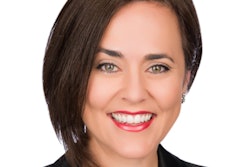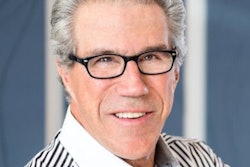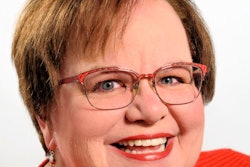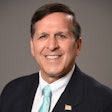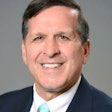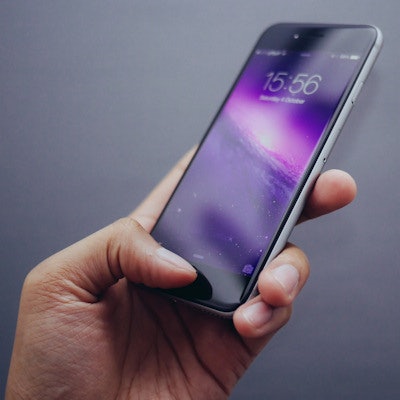
In an age where Zoom conferences and electronic communication has become the norm, Steven Katz, DMD, still believes there is plenty of power in a personal phone call.
With his practice on Long Island, Dr. Katz is like many dentists in the Northeast, still waiting to return to practice on a full-time basis. In the meantime, he has focused on connecting with his patients through personal phone calls, reminding them about the importance of their oral health and also making sure his business stays front of mind.
Dr. Katz recently sat down with me for an interview in which we focused on the power of a personal phone call. Below is a portion of our discussion. You can watch the full interview, which lasts just under 20 minutes, via our collection of interviews with many experts in the industry on a variety of timely topics.
Q: Let's start with the basics. How have you been connecting with your patients?
A: Well, I think it's such an important strategy right now to stay connected with your patients. So what we've been doing, and I've encouraged all of our coaching clients to do the same, is to set aside at least an hour or two a day and call every patient if you can, especially the elderly and the ones who are alone and not with family. When you do that, just say, "How are you doing? Is there anything I can do for you? Is there something I can drop off at your doorstep?" People are lonely. One of our clients sent us the audio tape of a return call from one of those patients. The woman was in tears. She was crying and saying that he was one of the warmest and nicest people to have made that call and made her feel important. It made her feel loved, and she said that she had to get off the phone before she started bawling.
You listen to that and you realize the impact you can make and how much a simple phone call can make a difference in somebody's life, especially at a time like this.
Q: Do you think communication habits may have changed a little bit during this crisis? Many people didn't think they had time for a phone call before. Now it seems like we are making time and we do have time for it. Do you think that is something that could or should continue after we start our businesses back up?
A: I think one of the good things about this, and I'm trying to find the good out of everything right now, is people are developing more compassion for one another. Phone calls prior to this time were more task-oriented and more focused on business. I think people right now are getting on the phone and asking, "How are you? Is everybody OK?" I know here in the New York area, we've been especially hard hit, so there's a lot more compassion and concern for one another.
I think moving forward, one of the pluses for practices is going to be capitalizing on the oral-systemic connection. There is nothing of greater importance to people right now than health. Who contributes more to the health of patients than dentists can, whether it's in earlier recognition of systemic diseases or in alleviating some of the conditions we treat that can contribute to a systemic problem?
Q: You were a big believer in calling patients even before we knew what COVID-19 was, correct?
A: Absolutely. Calling patients before procedures is important. But one of the skills and strategies we've taught all of our coaching clients, and I've done it for 25 years now, is when a new patient is due to come through your office, the doctor should call the new patient the night before that visit to say hello. I always liked to call the guests who were coming for the first time the night before the first visit. I wanted to welcome them to the office and to introduce myself. I would always tell them that if they have any special concerns before coming in, I'd love to have them share them with me so we can be better prepared when they arrive. And the reaction I get from patients is, "You're the doctor? Why are you calling me?" Then it opens up things where we can just talk and get to know each other better.
It's the relationship that is more important to me. Once we have the relationship, then we can go on to caring for the patient.
If you don't get a patient on the phone, if you just leave that as a message, when patients come in the next day, they often go right up to the administrative member and say, "Did you know the doctor called me last night?" That's where they can give an affirmation and say, "Of course he did. That's the type of person he is." That sets a completely different tone for the patient as far as expectations. It also shortens the life cycle of that trust cycle that contributes to how soon patients will accept comprehensive care.
Q: Any final thoughts to leave with our audience?
A: Well, just be positive. One of the things that is going to make it easier for us to come through this is that we're doing this together. If we support one another, if we encourage one another, if we give each other confidence, if we look for ways that we can help one another, we're all going to come out of this a lot stronger in the end.
The comments and observations expressed herein do not necessarily reflect the opinions of DrBicuspid.com, nor should they be construed as an endorsement or admonishment of any particular idea, vendor, or organization.




